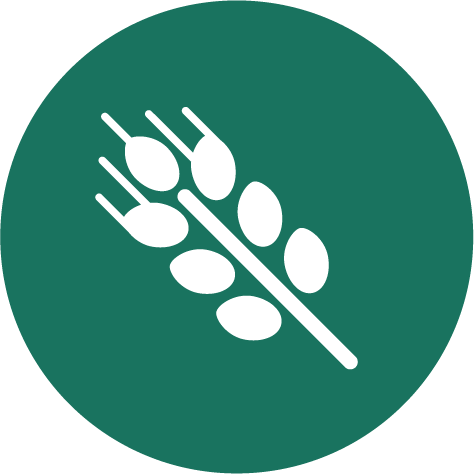 Agriculture & Agri-Food
Agriculture & Agri-Food Natural Resources & Environment
Natural Resources & Environment Online at your own pace
Online at your own pace Fall Term
Fall Term Winter Term
Winter Term Less than $500
Less than $500 English
English
Are you interested in biomass use as an alternative energy source? The Biomass Handling microcredentials help you analyze on-field and harvest efficiency, drying moister content, and choosing cost-efficient bale collection and handling methods. This microcredential focuses on nature-based solutions to produce energy and is one of four under the theme of Biomass production, handling, storage, and distribution.
Intended learners for this training are existing or potential employees of power generation, mining, or agricultural companies, and residents of rural or remote communities where biomass is harvested, collected, and stored, including First Nations and rural agricultural communities.
Learning Outcomes
Assessment
There is a growing interest in agriculture and mining businesses such as potash mining and canola crushing facilities to use locally produced biomass for bioenergy production, particularly bioheat. Globally, using bioheat from locally produced sustainable forest and agricultural biomass has been at the forefront of decreasing the GHG emissions associated with agriculture and agri-food processes. This is being achieved through the adoption of modern biomass boilers. Using sustainable biomass to displace fossil fuels such as coal, propane, and natural gas for heat generation has been shown to reduce GHG emissions by up to 90% from a full life cycle analysis perspective. Both biomass processing and biomass boiler operations are new industries that require the development of new labour skill sets. The proposed training would assist companies to implement the use of locally produced biomass for bioenergy production. Priorities supported by this microcredential are:
The forestry, agriculture, and waste sectors also provide biomass for bioproducts that can be used in place of fossil fuels in other sectors. For example, waste products from forestry, agriculture, and landfills can be converted into energy sources such as renewable natural gas. Dedicated crops can be grown as feedstocks for products like bioplastics. Expanding renewable fuel industries represents an opportunity to create new jobs and economic growth across Canada:
The proposed microcredentials aim to support a low-carbon pathway for agriculture, mining, and other businesses that are seeking alternative solutions to displace fossil fuels and meet their mid and long-term GHG emission goals. The training supports the upskilling of employees to assist companies and individuals with gaining an understanding of the essentials of biomass production, handling, storage, and distribution and further, of modern biomass boiler operation and maintenance:
The approach to these sectors will include:
The federal, provincial, and territorial governments will work together to identify opportunities to produce renewable fuels and bioproducts, for example, generating renewable fuel from waste.
 Fall Term
Fall Term Winter Term
Winter Term